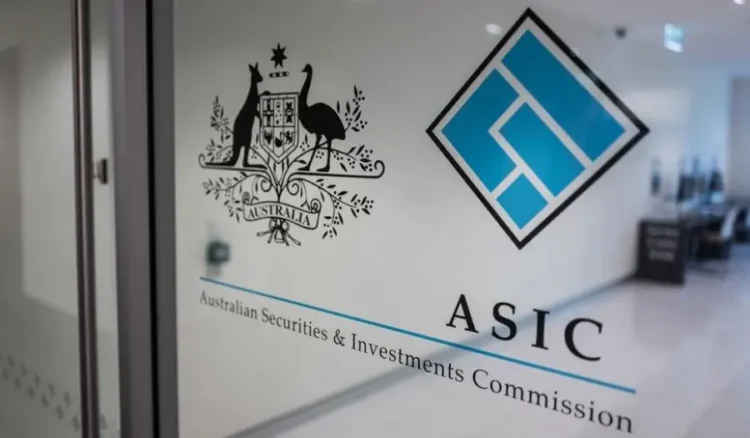The united voice for financial advice professionals
Join our vibrant community, committed to the highest professional standards, today!
 Members
Members Become a Member
Become a Member Consumers
Consumers
Submissions
CFP® Certification
An outstanding professional development program featuring a range of thought leaders and business experts
FAAA Roadshow 2024
Submissions
FAAA Learn
Explore hours of high quality CPD sessions and intuitive CPD tracker
FAAA Communities
Discover your local community of advice professionals
CFP® Certification
An outstanding professional development program featuring a range of thought leaders and business experts.
FAAA Roadshow 2024
FAAA Communities
You’re one step away from joining our vibrant and united community of advice professionals
Explore our benefits, created to support you in all areas of your professional and personal life
Events
FAAA Communities
Events
You’re one step away from joining our vibrant and united community of advice professionals
FAQs
What is Financial Advice?
It’s a great question, find out what it is, why it’s important and how you can access it
Money & Life
Explore our consumer website with top tips and articles guiding you to a brighter financial future
Identifying your goals
Use our directory to discover the right planner for you based on a number of select criteria
Find a Planner
FAQs
What is Financial Advice?
It’s a great question, find out what it is, why it’s important and how you can access it
Money & Life
Explore our consumer website with top tips and articles guiding you to a brighter financial future
Identifying your goals
Use our directory to discover the right planner for you based on a number of select criteria
Find a Planner
Members
- Become
a
Member
Consumers
Members
Submissions
CFP® Certification
An outstanding professional development program featuring a range of thought leaders and business experts
FAAA Roadshow 2024
Submissions
FAAA Learn
Explore hours of high quality CPD sessions and intuitive CPD tracker
FAAA Communities
Discover your local community of advice professionals
CFP® Certification
An outstanding professional development program featuring a range of thought leaders and business experts.
FAAA Roadshow 2024
Become
a
Member
a
Member
FAAA Communities
You’re one step away from joining our vibrant and united community of advice professionals
Explore our benefits, created to support you in all areas of your professional and personal life
Events
FAAA Communities
Events
You’re one step away from joining our vibrant and united community of advice professionals
Consumers
FAQs
What is Financial Advice?
It’s a great question, find out what it is, why it’s important and how you can access it
Money & Life
Explore our consumer website with top tips and articles guiding you to a brighter financial future
Identifying your goals
Use our directory to discover the right planner for you based on a number of select criteria
Find a Planner
FAQs
What is Financial Advice?
It’s a great question, find out what it is, why it’s important and how you can access it
Money & Life
Explore our consumer website with top tips and articles guiding you to a brighter financial future
Identifying your goals
Use our directory to discover the right planner for you based on a number of select criteria
Find a Planner
Who is the FAAA?
We’re the leading body proudly representing financial advice professionals in Australia. We advocate for and elevate the financial advice profession by representing the interests of our members and their clients. Watch this short video to find out more!

- Blogs
- Media Releases
Blogs

Why LinkedIn is your best friend
In the fast-paced world of financial services, staying ahead of the curve is crucial. LinkedIn,... read more

Sharpening focus on performance: five ways financial advisers and advice licensees can improve retirement outcomes for choice members
In the next decade, a silver tsunami will sweep Australia. Around three million Australians will... read more

Mastering time management
In today's fast-paced world, time is perhaps our most precious resource. As a financial advice... read more
Media Releases
Wed 10th April 2024 The Joint Associations Working Group (JAWG) is calling on the Government to move swiftly to fixlegislation introduced into the Parliament so... read more
The FAAA is pleased to finally see the first instalment of the promised changes emanating from the 2022 Quality of Advice Review (QAR) tabled in... read more
The Compensation Scheme of Last Resort (CSLR) has now publicly released estimates of what advisers will be expected to pay for the first full year... read more
Our Services
CFP® Certification
As the only organisation in Australia to offer the globally recognised certification, we offer advisers access to the CERTIFIED FINANCIAL PLANNER® designation .
Professional Development
FAAA Learn is your online learning platform giving you power over your CPD requirements, with a huge range of CPD programs, webinars and quizzes available.
Policy & Advocacy
Through strong relationships with Government and regulators, we use our strong, united voice to represent our members and their clients.
Professional Standards
FAAA members make a commitment to professionalism, ensuring compliance with high standards of professional and ethical conduct to enhance the public awareness of, and confidence in the financial advice profession.
Community
Connect and network with like-minded professionals in your FAAA Community and engage in conversation with peers through the Community Forum in the FAAA Portal.
Events
Join peers and colleagues at local and national events throughout the year. Annual highlights include our national Roadshow and FAAA Congress.

FAAA Awards
The FAAA Awards are designed to recognise members who deliver the highest standards of professional and trusted advice to Australian consumers, as well as those who are going above and beyond to support their local communities.